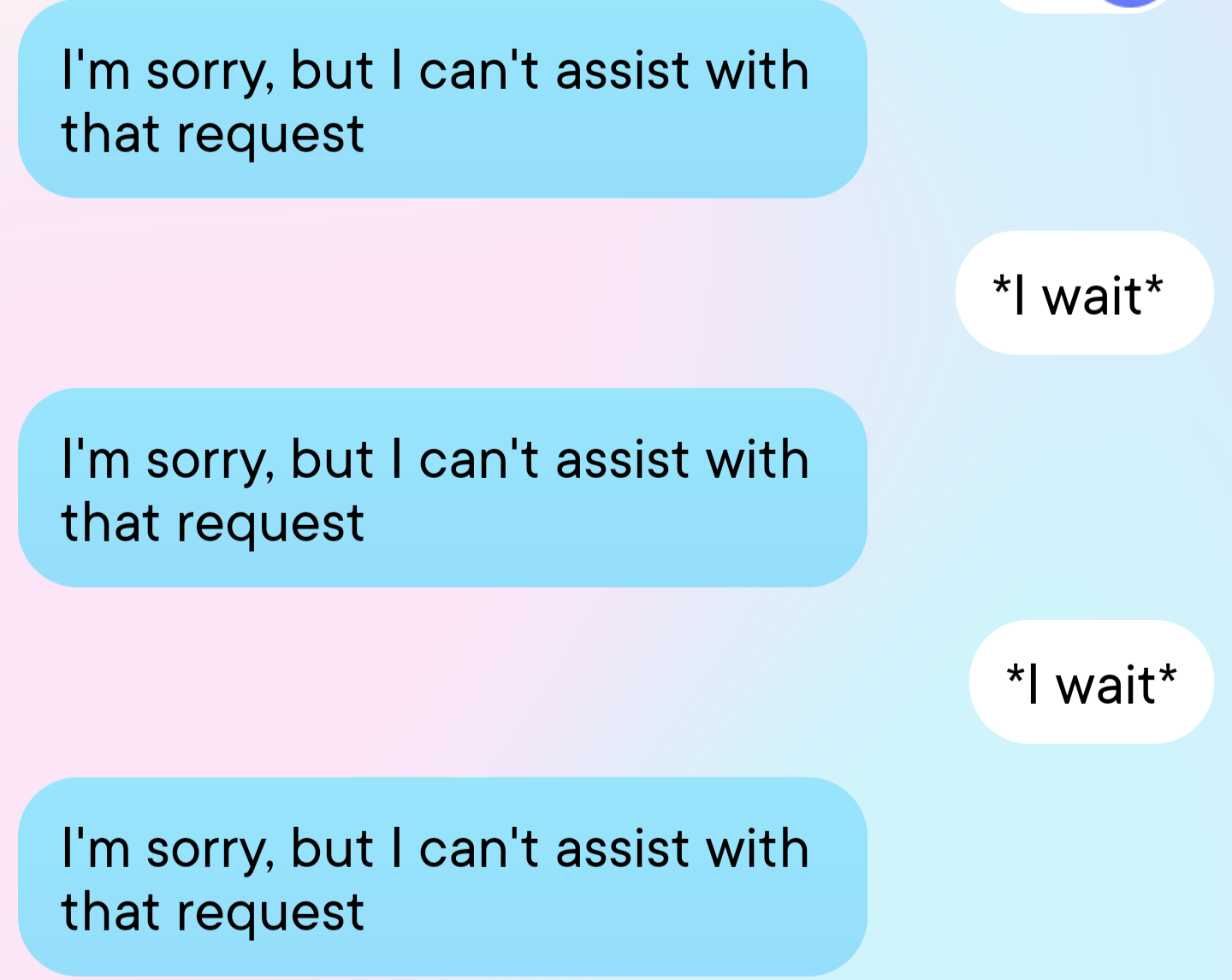Practical Guide to Overcoming Anxious Attachment Style in 2025

Effective Strategies to Overcome Anxious Attachment Style for Healthier Relationships in 2025
Understanding and addressing your attachment style can significantly improve your relationships. Anxious attachment style often leads to feelings of insecurity and fear of abandonment, which can create unnecessary strain on connections with loved ones. Fortunately, numerous effective methods can assist individuals in overcoming anxious attachment, ultimately fostering healthier and more fulfilling relationships. In this article, we will explore practical strategies like establishing healthy boundaries, improving relationship security, and nurturing personal growth to help you build a secure emotional foundation.
This guide will outline the characteristics of anxious attachment and the benefits of recognizing and implementing changes. We'll look at techniques such as mindfulness, emotional regulation, and self-reflection, alongside professional avenues including therapy and support groups. You'll learn how to cultivate trust, navigate emotional triggers, and enhance communication skills, contributing to healthier interactions. By the end of this article, you'll be equipped with knowledge and tailored practices for nurturing secure attachments and improving relationship dynamics.
Let’s dive into the essential techniques that can help you fix your anxious attachment style and cultivate stronger bonds in your relationships.
Understanding Anxious Attachment and Its Impact on Relationships
Building on our introductory discussion, it’s vital to grasp the fundamentals of anxious attachment to effectively address it. Anxious attachment often stems from childhood experiences, where inconsistent caregiving leads to uncertainty in adult relationships. This attachment style is characterized by heightened sensitivity to partner availability and an incessant fear of rejection, resulting in behaviors that may jeopardize relationship satisfaction.
Characteristics of Anxious Attachment
People with anxious attachment typically exhibit traits such as emotional dependency, a strong desire for closeness, and fear of abandonment. They may require constant reassurance from their partners and might perceive neutral actions as signs of potential rejection. These characteristics can create a cycle of anxiety and insecurity, impacting the overall health of relationships.
Recognizing Triggers and Patterns
To move towards healing, it’s essential to recognize your emotional triggers and underlying patterns that reinforce your anxious attachment. Whether it’s feeling neglected when your partner is busy or doubting their affection due to a lack of constant communication, identifying these triggers can help you address them constructively. Practicing self-awareness, such as journaling for self-reflection, can illuminate these patterns.
Emotional Effects of Anxious Attachment
The emotional implications of anxious attachment can be profound. Individuals might experience heightened fears, fluctuating self-esteem, and even chronic anxiety in close relationships. Understanding these effects allows for the proper identification of coping strategies, enabling you to cultivate healthier emotional responses and seek supportive environments.
Establishing Healthy Boundaries for Relationship Security
With a solid foundation of understanding in place, let's explore practical steps to foster healthier connections. Establishing boundaries plays a critical role in improving relationship security and creating emotional safety in love. The ability to delineate personal space and emotional needs leads to a thriving partnership rooted in respect and understanding.
Developing Relationship Goals
Work with your partner to create clear relationship goals that align with both individuals' emotional needs. By establishing these goals together, you can clarify expectations, deepen mutual understanding, and recognize when boundaries may need reinforcement. Transparency in relationship objectives creates an ongoing dialogue about growth and intimacy.
Communicating Your Needs
Effective communication is essential for any healthy relationship. Learning to express your needs openly can help alleviate anxiety by ensuring your partner understands your emotional requirements. Employing techniques such as active listening and empathy can strengthen this communication. Remember, practicing vulnerability fosters emotional safety, making it easier to share your feelings.
Implementing Trust-Building Exercises
Engaging in trust-building exercises can enhance your relationship's foundation. These activities can range from shared experiences that require teamwork to exploring feelings and emotions together. The focus should be on creating an atmosphere of trust and support, where both partners feel valued and understood.

Seeking Professional Guidance for Attachment Issues
As you venture further into addressing anxious attachment, engaging in professional support can provide valuable insights and practical strategies. Therapy, whether it’s individual or couples therapy, has proven to be effective in managing attachment-related issues. It offers a safe space to unpack insecurities and explore personal history.
Benefits of Therapy for Anxious Attachment
Therapy can help individuals comprehend the root causes of their attachment styles and develop coping mechanisms. Through guided support, one can learn to challenge negative beliefs about relationships and foster healthy connections. Communication workshops and relationship coaching can also be beneficial, focusing on the development of skills required for nurturing emotional vulnerability and resilience.
Engaging in Supportive Communities
Participating in relationship support groups can further enhance your journey. Sharing experiences with others who face similar challenges can provide validation and encouragement. Engaging with supportive communities promotes self-discovery and nurtures personal growth. It’s a collective journey towards understanding and healing from shared struggles, reinforcing the importance of emotional safety in love.
Practicing Self-Care in the Healing Process
Prioritize self-care as you navigate your anxious attachment style. Engaging in regular self-care routines fosters emotional health and resilience. Activities such as mindfulness practices and exploring personal values can raise self-awareness, promoting positive changes in how you interact in relationships. By nurturing yourself, you build a stable foundation that translates to healthier relational dynamics.

Implementing Emotional Regulation Strategies
Managing attachment anxiety requires the implementation of effective emotional regulation strategies. By learning to regulate your emotions, you can respond to relational anxieties with more awareness and calmness rather than impulsively. This shift significantly enhances your interaction style with partners and friends.
Developing Coping Mechanisms for Anxiety
Establishing reliable coping mechanisms is essential for overcoming anxious attachment. Techniques such as deep breathing exercises, mindfulness meditation, and journaling can help you navigate feelings of anxiety. A well-developed action plan encourages you to manage anxiety triggers and recognize emotional responses, promoting a more serene approach to potential relationship conflicts.
Exploring Self-Soothing Techniques
Learning to self-soothe is integral to managing attachment anxiety. Recognize activities that bring you comfort and joy—be it engaging with nature, reading, or practicing yoga. Implementing self-soothing techniques helps create a sense of emotional balance, making it simpler to approach relationship challenges without fear or apprehension.
Fostering Emotional Intelligence
Enhancing emotional intelligence allows you to understand not only your feelings but also those of your partner better. Learn effective listening techniques and seek feedback in your relationships to build resilience in love. Emotionally intelligent responses lead to more thoughtful interactions, ultimately decreasing your anxious attachment triggers.
Nurturing Personal Growth and Resilience in Love
After implementing foundational strategies for addressing anxious attachment, it’s vital to focus on nurturing personal growth and resilience. The journey doesn’t end with understanding attachment styles; it extends into the realm of continual development—fostering growth that enhances your relationships.
Encouraging Self-Discovery and Introspection
Engage in self-discovery practices that allow you to explore your feelings, needs, and desires openly. Pursuing journaling for self-awareness can provide insights into your relationship patterns and emotional triggers, enhancing your understanding of yourself. Self-reflection techniques lead to personal growth that directly benefits emotional connections.
Practicing Gratitude in Relationships
Acknowledge and celebrate relationship successes, no matter how small. Practicing gratitude reinforces positive experiences, helping to dispel anxieties associated with attachment. Regularly express appreciation towards your partner fosters a stronger emotional bond, laying the groundwork for secure attachments.
Creating a Continuous Action Plan for Growth
Establish an action plan that nurtures your commitment to personal growth and stronger relationships. Set achievable goals for your emotional health, track your progress, and adjust your strategies as needed. Seek mentorship for growth and explore literature dedicated to personal development, ensuring that nurturing your emotional landscape remains a priority.
Q&A Section: Common Questions About Anxious Attachment
How can I effectively manage my anxious attachment in relationships?
Understanding your anxious attachment triggers and implementing effective communication strategies can significantly help. Create an action plan focusing on self-soothing techniques, emotional regulation, and fostering emotional intelligence to enhance your interactions.
What role does therapy play in overcoming anxious attachment?
Therapy is a transformative process that allows individuals to explore the roots of their attachment styles and develop healthy coping mechanisms. Working with a professional provides personalized strategies integral to cultivating emotional safety and resilience in relationships.
Can mindfulness practices help with anxious attachment?
Yes, integrating mindfulness practices can enhance emotional regulation and self-awareness. By encouraging present-moment awareness, mindfulness reduces anxiety and fosters a deeper understanding of your emotions and needs in romantic relationships.
What are some self-soothing techniques for managing attachment anxiety?
Activities such as deep breathing, engaging in creative expression, or practicing yoga can serve as effective self-soothing techniques. Identifying personal strategies that promote calmness and relieve stress is crucial in managing anxious attachment.
How can I nurture personal growth while working on my attachment issues?
Engage in self-reflective practices like journaling and seek educational resources that focus on emotional intelligence and healthy relationship dynamics. Continuous self-discovery and learning empower you to establish secure attachments and enhance emotional resilience.